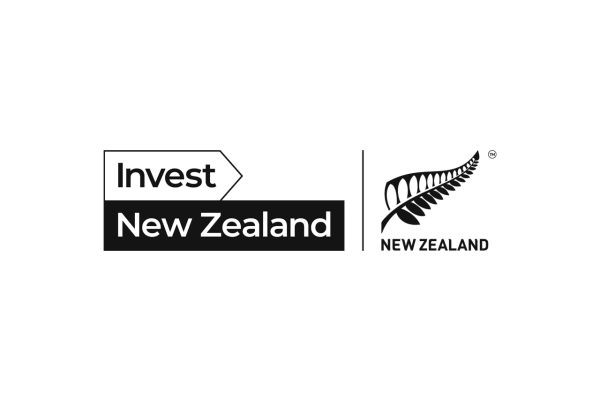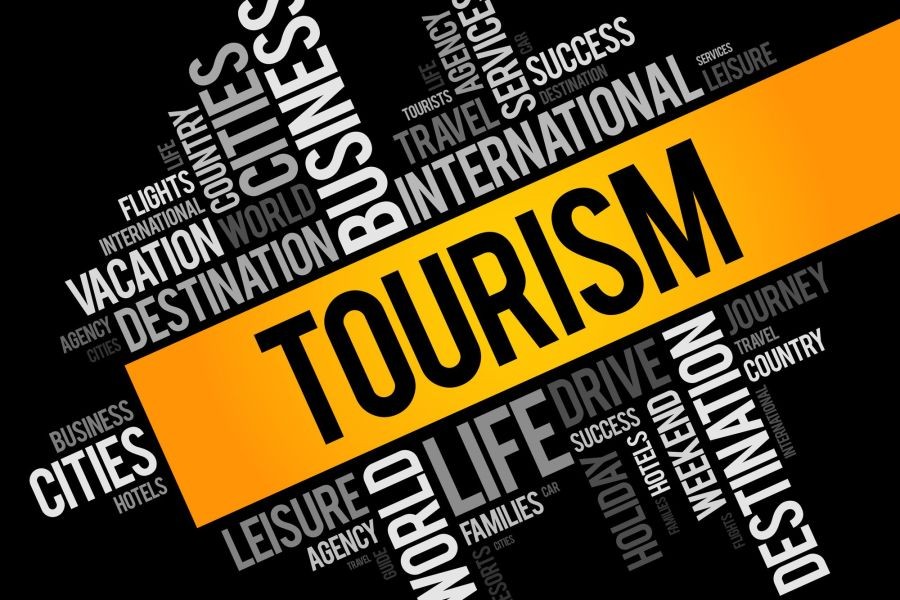Did you know that the average New Zealander consumes more than 30 kilograms of sugar annually? This staggering statistic reveals a deeper issue within New Zealand's dietary habits, one that has profound implications for individual health and the nation's healthcare system. With the Ministry of Health reporting that over 1 in 3 Kiwi adults are categorized as obese, the sugar consumption epidemic requires urgent attention. This article will explore why New Zealanders are consuming too much sugar and provide actionable strategies to curb this trend.
Understanding the Sugar Addiction: A Closer Look
Sugar is pervasive in modern diets, often hidden in foods that are not typically associated with sweetness. In New Zealand, the consumption of sugary drinks, processed foods, and snacks has become a significant part of daily life. The convenience of packaged foods combined with aggressive marketing campaigns has contributed to this addiction.
Moreover, the economic landscape in New Zealand plays a role. The country's thriving dairy industry, a cornerstone of its economy, has led to an abundance of milk-based sugary products. Furthermore, the fast-paced lifestyle of Kiwis often necessitates quick meals and snacks, leading to higher consumption of sugar-laden convenience foods.
Data-Driven Insight: The Economic Impact
According to Stats NZ, the healthcare system faces a growing burden due to sugar-related diseases such as diabetes and obesity. A study by the New Zealand Institute of Economic Research estimates that these conditions cost the economy about NZD 2 billion annually in healthcare expenses and lost productivity. Addressing sugar consumption is not just a health imperative but also an economic necessity.
Pros & Cons of Reducing Sugar Intake
Understanding the benefits and challenges of reducing sugar intake can guide individuals in making informed dietary choices.
Pros:
- Improved Health Outcomes: Lowering sugar intake reduces the risk of obesity, diabetes, and heart disease.
- Increased Energy Levels: Reducing sugar can lead to more stable energy levels and improved mood.
- Economic Savings: Reducing sugar-related health issues can decrease personal and national healthcare costs.
Cons:
- Withdrawal Symptoms: Sugar reduction can lead to short-term withdrawal symptoms such as headaches and fatigue.
- Limited Food Choices: Many convenient and processed foods contain hidden sugars, limiting options.
- Social and Cultural Challenges: Sugar is often a part of social gatherings and cultural practices, making reduction difficult.
Real-World Case Study: Tackling Sugar in Schools
Case Study: New Zealand's School Initiative – Reducing Sugar Intake Among Children
Problem: Primary schools in New Zealand faced high levels of sugar consumption among students, leading to health issues like obesity and dental problems.
Action: The government introduced a "Water-Only Schools" initiative, encouraging schools to replace sugary drinks with water and promoting healthy eating.
Result: Within two years, schools reported a significant decrease in sugar consumption, with a 20% reduction in obesity rates among students.
Takeaway: This initiative demonstrates the effectiveness of policy-driven approaches to reducing sugar consumption. Other institutions and communities can replicate similar strategies to foster healthier habits.
Common Myths & Mistakes About Sugar Consumption
Addressing misconceptions is vital to changing sugar consumption habits in New Zealand.
Myth: "Natural sugars are healthier than added sugars." Reality: While natural sugars like those found in fruits are healthier, excessive consumption can still contribute to health issues. It's essential to monitor overall sugar intake.
Myth: "Diet drinks are a healthy alternative." Reality: Diet drinks often contain artificial sweeteners that may have health implications. Water is the best alternative.
Myth: "Sugar is only bad for your teeth." Reality: Excessive sugar consumption can lead to various health problems, including obesity, diabetes, and heart disease.
Strategies to Reduce Sugar Intake
Reducing sugar consumption requires a multi-faceted approach. Here are some strategies:
- Read Labels: Educate yourself on reading food labels to identify hidden sugars.
- Opt for Whole Foods: Choose whole, unprocessed foods that naturally contain less sugar.
- Plan Meals: Preparing meals at home allows for better control over sugar content.
- Support Policy Changes: Advocate for policies that limit sugar in schools and workplaces.
Future Trends & Predictions
Looking ahead, New Zealand may see an increase in sugar taxes and stricter regulations on food labeling, similar to initiatives in countries like the UK. These measures could significantly reduce sugar consumption and improve public health outcomes.
Conclusion: Taking Action for a Healthier New Zealand
The excessive sugar consumption in New Zealand is a public health and economic issue that requires immediate action. By understanding the pros and cons, debunking myths, and implementing effective strategies, Kiwis can significantly reduce their sugar intake and lead healthier lives. What steps will you take today to make a change? Share your thoughts below!
People Also Ask
How does sugar consumption impact New Zealand's economy? Excessive sugar consumption costs New Zealand approximately NZD 2 billion annually in healthcare and lost productivity, highlighting the need for reduction.
What are the best strategies to reduce sugar intake? Experts recommend reading food labels, opting for whole foods, planning meals, and supporting policy changes to limit sugar consumption.
Related Search Queries
- How to reduce sugar intake in New Zealand
- Sugar consumption statistics in New Zealand
- Effects of sugar on health NZ
- New Zealand sugar tax policies
- Healthy eating initiatives in New Zealand































